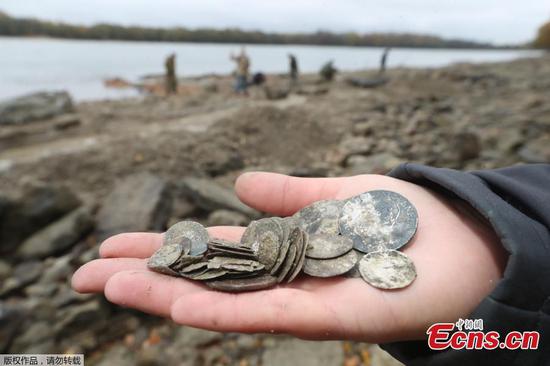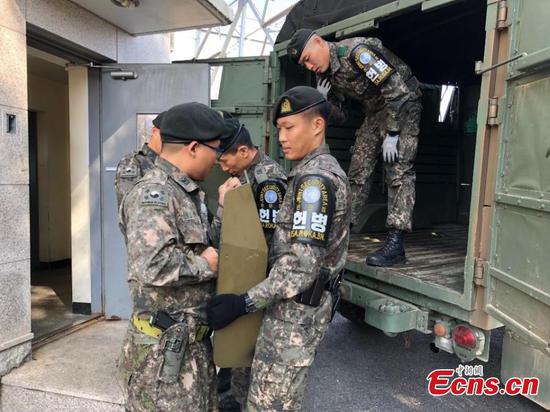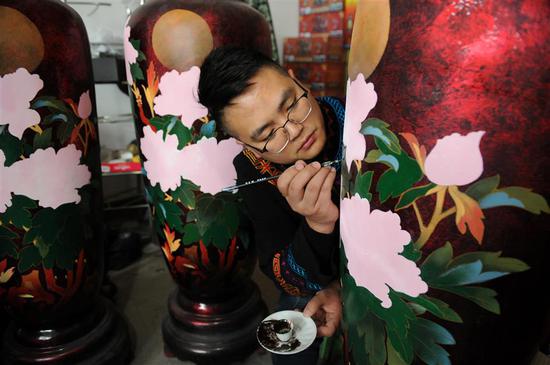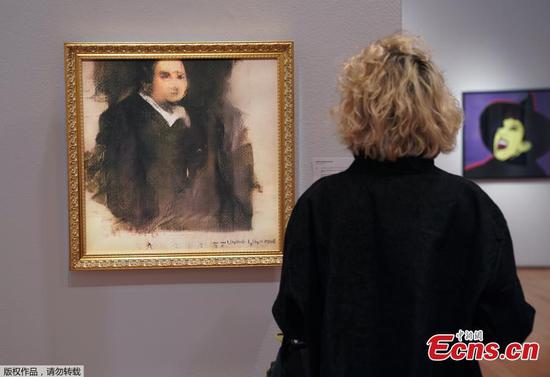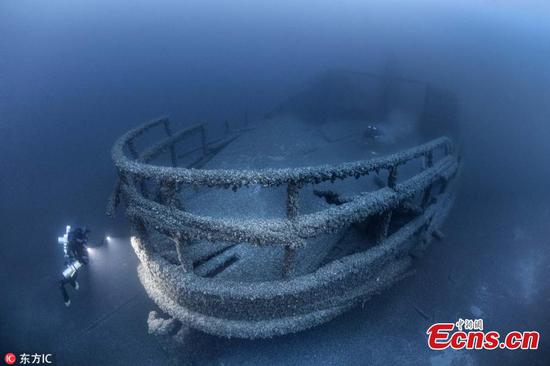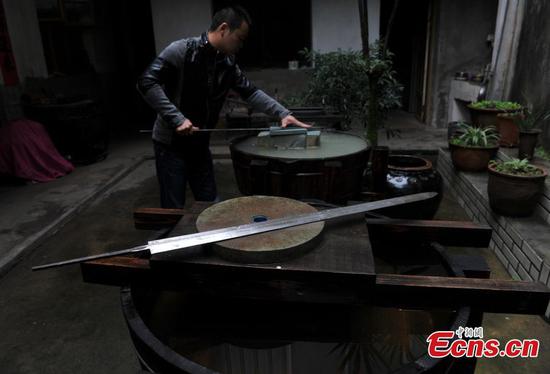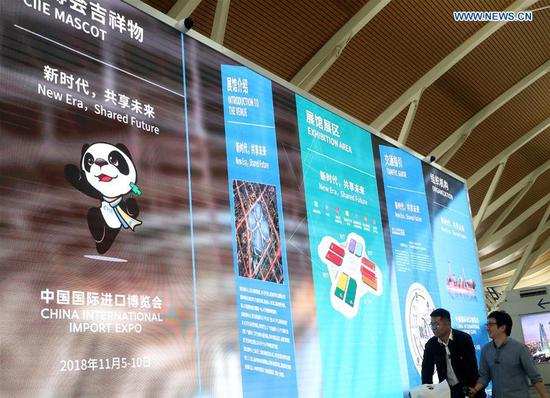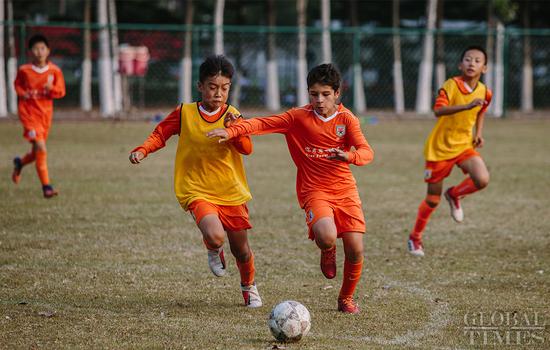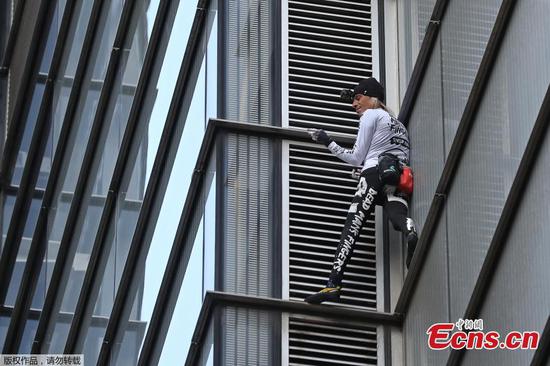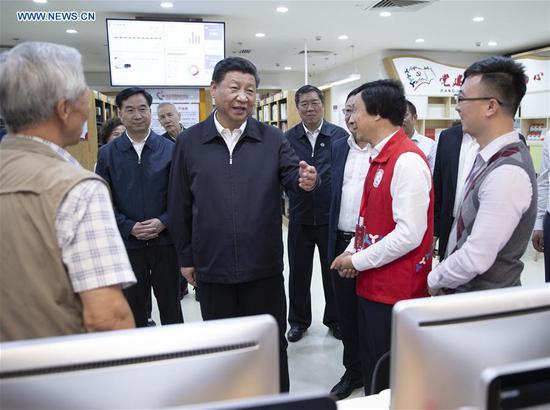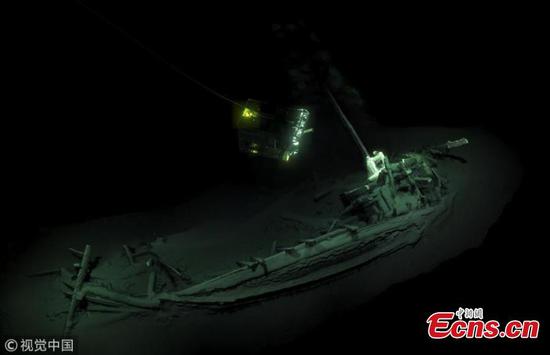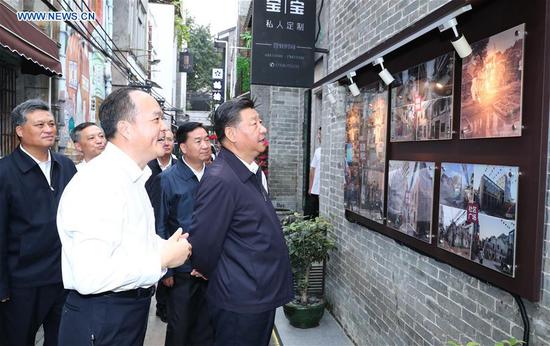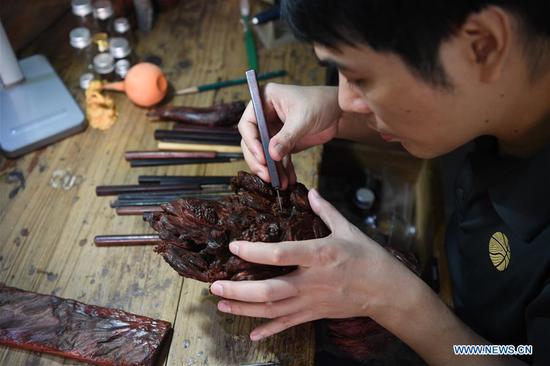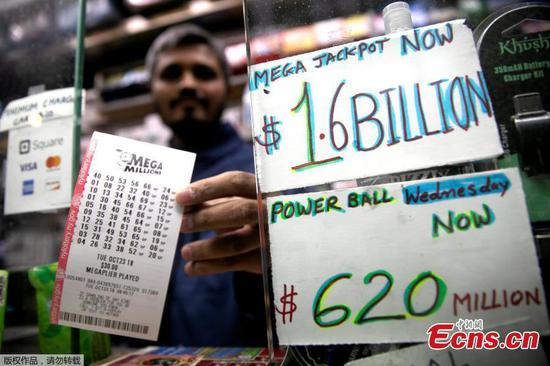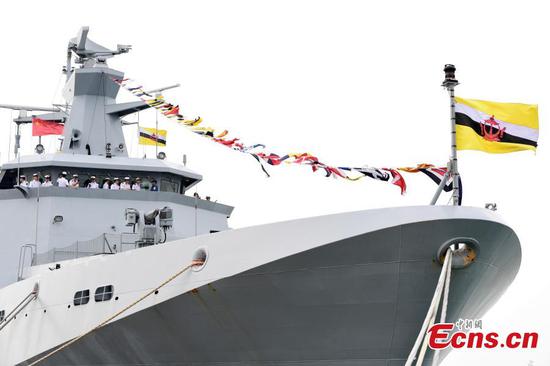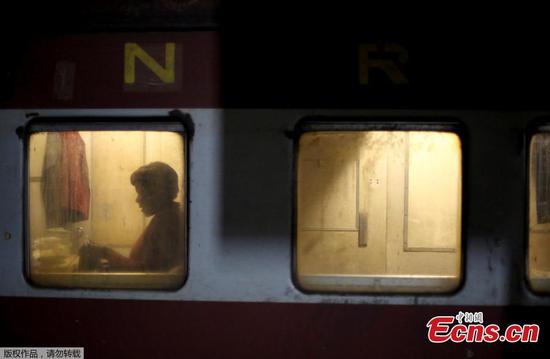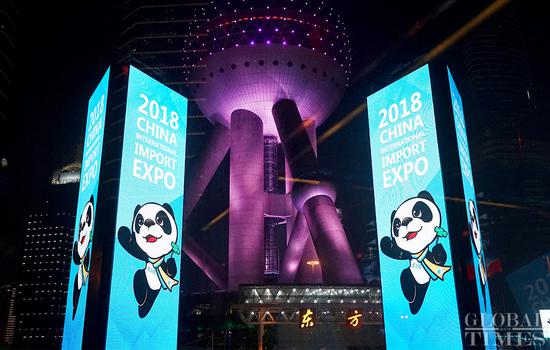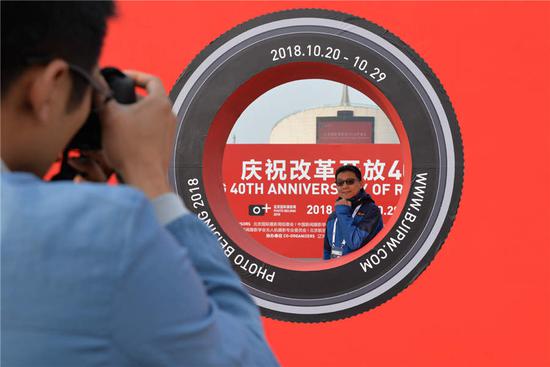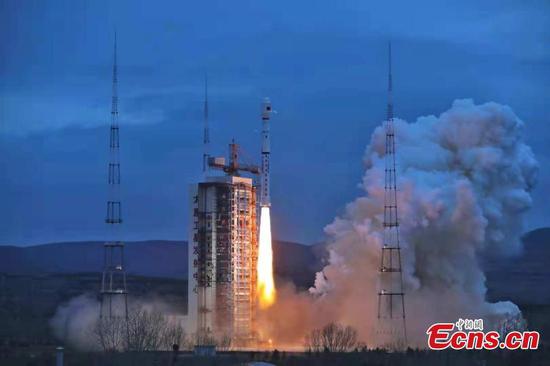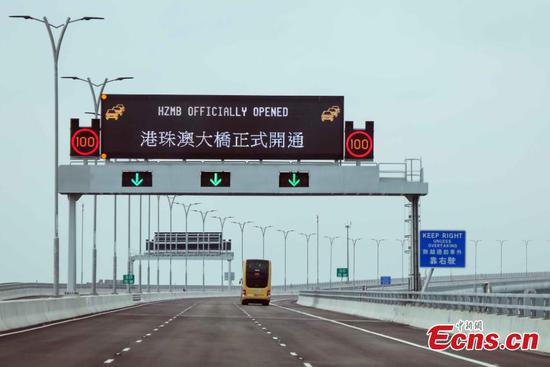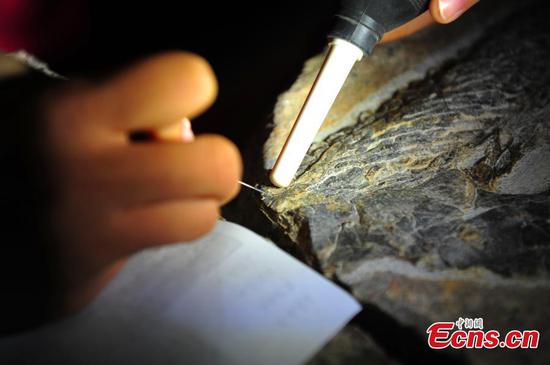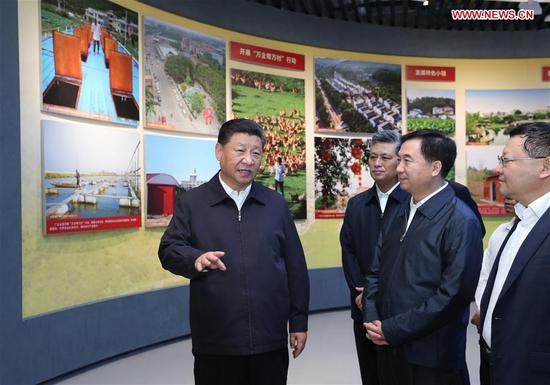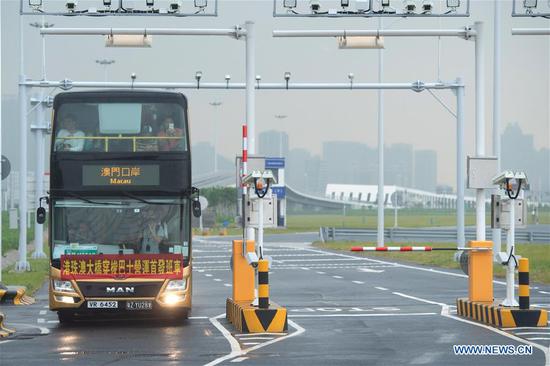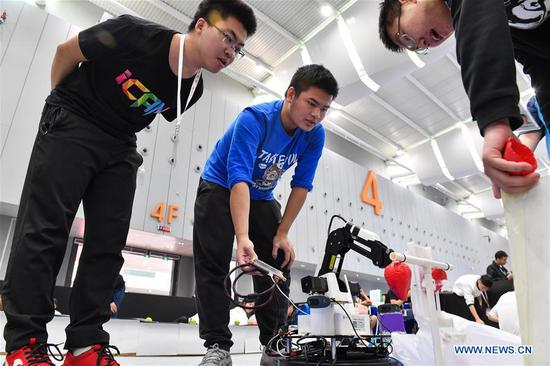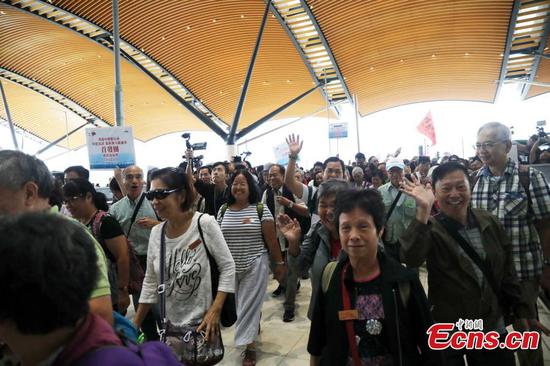Nearly 200 experts from Chinese and foreign think tanks gathered in Shanghai for the 2018 Shanghai Global Think Tank Forum on Thursday and Friday.
They represented more than 60 leading think tanks in China and more than 10 from countries including the United States, Canada, the United Kingdom, France, Russia and Japan.
The experts at the forum, with the theme "Development of Think Tanks with High Quality under a Changing International Order", discussed topics including the prospects for more opening-up and cooperation between China and the world, high-quality and diversified development of think tanks, and how evaluation can better promote think tanks' development.
Zhang Daogen, president of the Shanghai Academy of Social Sciences, told the opening ceremony of the forum - hosted by the academy, Fudan Development Institute and Wanli Think Tank - that the duty of think tanks is to clearly understand disputes, share wisdom in rapidly changing situations, and improve conditions in localities, countries and the international community.
Wang Lili, deputy dean of the National Academy of Development and Strategy at Renmin University of China, said at a panel discussion that a range of Chinese think tanks - including those based in universities, those affiliated with government agencies and those operating in civil society - had developed rapidly since 2009.
"But many are still lagging behind advanced international ones in abilities such as thought innovation, strategic forecasting, public relations and cross-border communication," she said.
Xiao Yongping, director of the Institute of International Law at Wuhan University, said think tanks at institutions of higher education should take better advantage of their key subjects, especially new interdisciplinary ones.
"Think tanks should not only work as interpreters of current policies but also propellants of policies," Xiao said. "They should also maintain their independence, so they can render different perspectives of a social situation to government departments."











